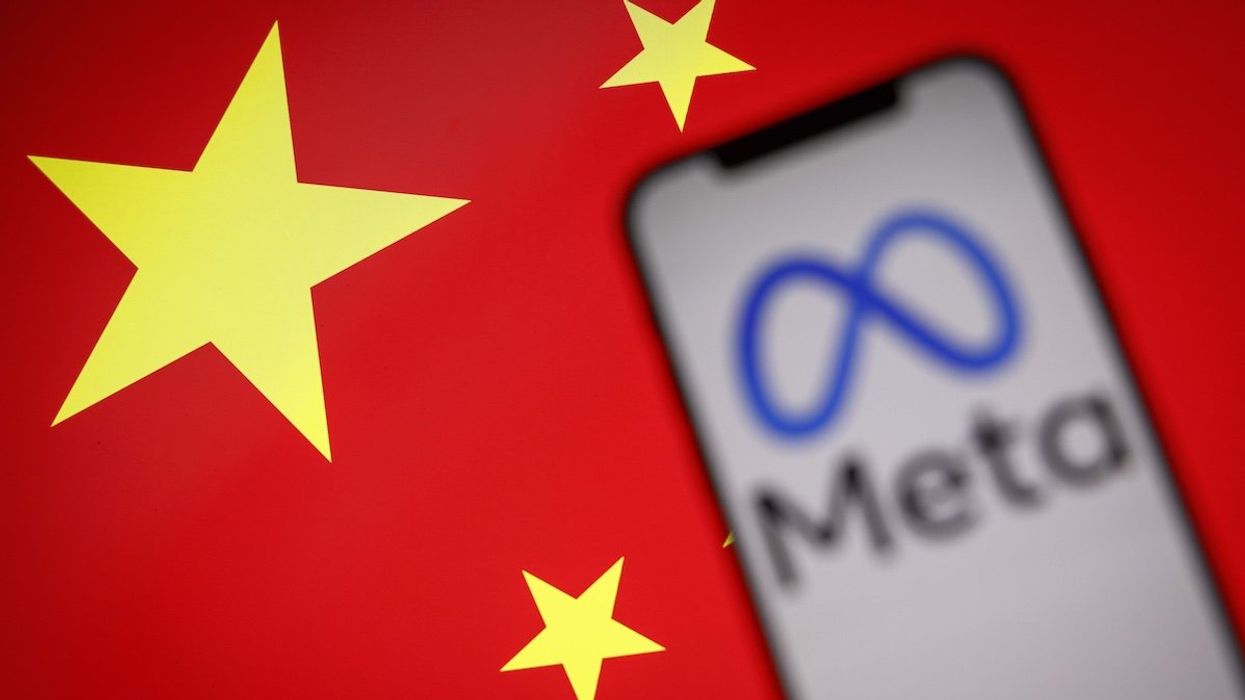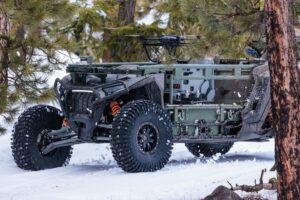Chinese Military Researchers Utilizing Meta’s AI Technology

Meta’s AI Utilized by Chinese Military Researchers
In recent developments, news has emerged that AI technologies developed by Meta, formerly known as Facebook, are being employed by Chinese military researchers. This raises significant questions and concerns regarding the implications of using cutting-edge AI for military purposes, particularly in a geopolitical context characterized by rising tensions between nations.
Overview of the Situation
As nations globally continue to advance their military capabilities, the role of artificial intelligence becomes increasingly integral. These technologies are used in various arenas, from logistics and operation planning to surveillance and combat simulation. Meta’s AI, which encompasses a range of applications and algorithms designed for data processing and machine learning, is now entering this critical space.
The Role of AI in Military Applications
Artificial intelligence is transforming how military operations are conducted. Here are some key uses of AI within the military context:
- Intelligence Gathering: AI algorithms analyze vast amounts of data from various sources to extract meaningful intelligence.
- Simulation and Training: AI-based simulation tools provide realistic training environments for military personnel without the costs associated with physical training exercises.
- Autonomous Systems: Drones and ground vehicles increasingly use AI for navigation, target identification, and decision-making.
- Cybersecurity: AI plays a central role in identifying and countering cyber threats, an essential aspect of modern warfare.
Concerns Arising from Collaboration
The revelation that Meta’s AI is being utilized by Chinese military researchers highlights several concerns:
Geopolitical Implications: The use of Western technology by the Chinese military raises alarms among other nations, particularly the United States and its allies, about potential shifts in the balance of power.
Ethical Considerations: The ethical implications of employing AI in military applications is a contentious topic. The idea of autonomous weapons capable of making decisions without human intervention creates uncertainty about accountability and responsibility during armed conflicts.
Data Security: The collaboration may lead to worries regarding the protection of personal and sensitive data, as military applications might involve the analysis of large data sets sourced from civilian technology.
- Arms Race in AI: The integration of advanced AI technologies into military practices can accelerate an arms race, wherein countries may prioritize the development and deployment of AI-enhanced military systems to ensure national security.
Meta’s AI Technologies
Meta has developed several AI technologies that have gained attention for their capabilities. Some of the notable tools and platforms include:
Natural Language Processing (NLP): They enable machines to understand and interact in human languages, which could be valuable in intelligence operations.
Computer Vision: AI tools that allow machines to interpret and process visual information, applicable in reconnaissance and surveillance missions.
- Data Analysis Platforms: These tools help in the analysis and visualization of large datasets, streamlining information gathering for military research.
Reactions from the Global Community
Responses to this development have been mixed. Several experts and analysts call for a reevaluation of tech policies regarding military usage. Some suggest that a stricter regulation on the export of AI technologies to authoritarian regimes is necessary, while others argue for broader international cooperation in AI regulation.
Final Thoughts on Future Developments
The evolving landscape of military applications of AI signifies the need for continuous monitoring and discussion among policymakers, technologists, and the civil community. As technology progresses, the balance between innovation and ethical responsibility remains a critical debate at the forefront of AI’s role in military functions worldwide.






